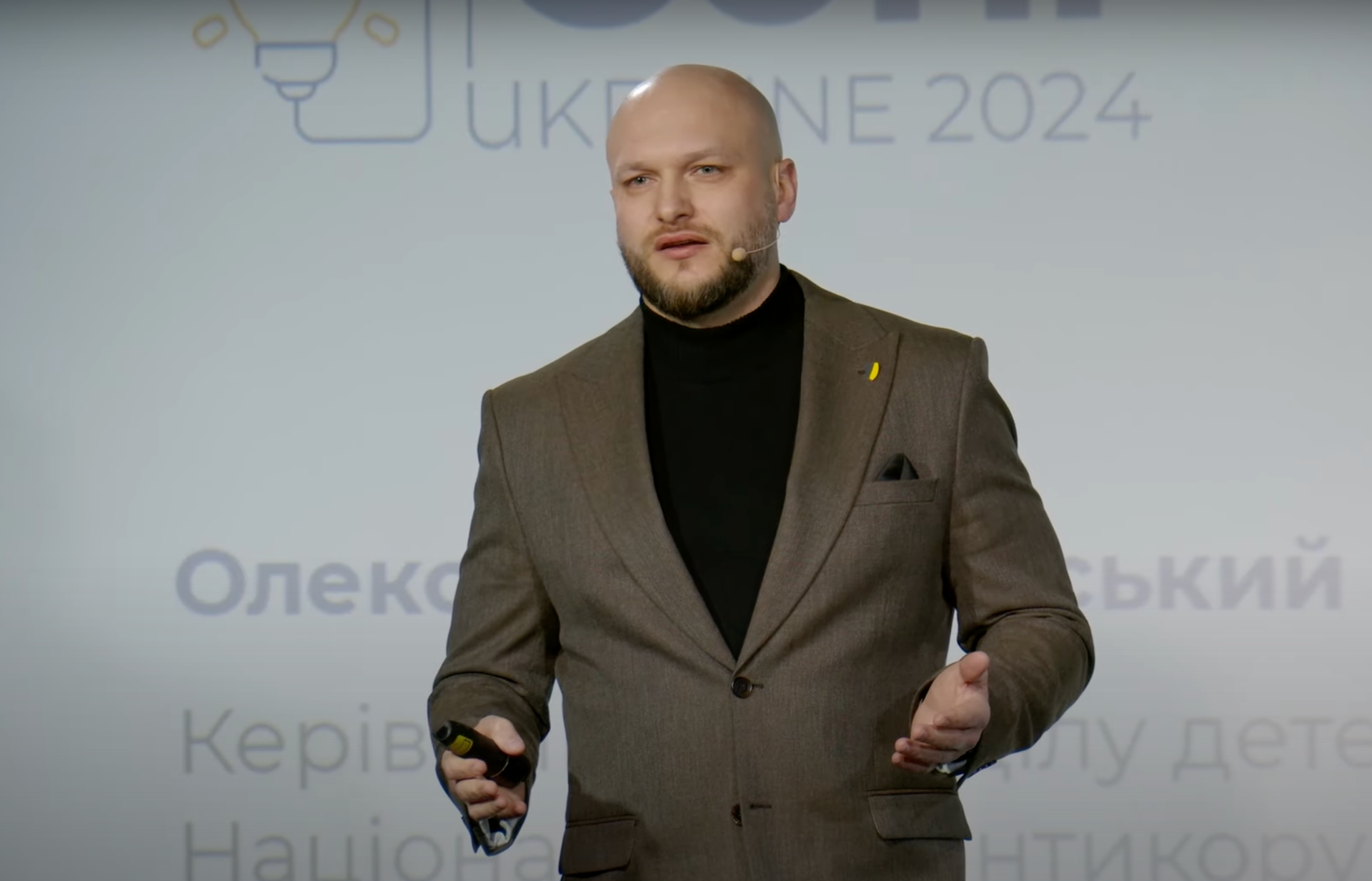Zelensky's trust rating drops to 58% after anti-corruption agencies scandal

Ukrainians' trust in President Volodymyr Zelensky has declined from 65% in June to 58% in early August, according to a new poll released by the Kyiv International Institute of Sociology (KIIS) on Aug. 6.
The survey began on July 23, one day after Zelensky signed a controversial law subordinating Ukraine's anti-corruption agencies to the prosecutor general.
The bill sparked mass protests, international criticism, and accusations that the president's government was undermining post-EuroMaidan reforms.
In response to mounting public pressure and warnings from Brussels, Zelensky reversed course, signing new legislation on July 31 that restored the independence of the National Anti-Corruption Bureau (NABU) and the Specialized Anti-Corruption Prosecutor’s Office (SAPO).
Despite the reversal, the scandal appears to have damaged the president’s approval. The share of Ukrainians who do not trust Zelensky grew from 30% in June to 35% in August, bringing the overall trust balance down from +35% to +23%, according to KIIS.
The poll was conducted between July 23 and Aug. 4 through telephone interviews with 1,022 adults in Ukrainian-controlled territory.
Public blowback over anti-graft law
"The reasons for the decline in Volodymyr Zelensky's popularity are, unfortunately, quite clear: he and his team fail to understand the direct correlation between the expansion of powers and the increase in responsibility," Yevhen Mahda, an expert on Ukrainian politics, told the Kyiv Independent.
The July protests "were the first public demonstrations since the start of Russia’s full-scale invasion, and they broke the taboo on such actions for the future," he said.
KIIS researchers noted that trust in Zelensky remains above the lowest levels recorded during the full-scale war, which occurred in December 2024.
Zelensky's support briefly surged to 74% in May after Ukraine signed a minerals agreement with the United States, viewed as a diplomatic win, but the bump quickly faded.
"When he (Zelensky) was defending the country’s interests and standing up to attacks from Trump, his trust rating was high. But once his actions appeared to be motivated by self-interest, the situation changed," Ihor Reiterovych, a political analyst and commentator, told the Kyiv Independent.
"That’s why his rating started to fall — and it will continue to decline. This is only the beginning. Unless, of course, another major foreign policy event occurs."

KIIS pollsters asked respondents who expressed distrust to explain their reasoning. The most common responses cited dissatisfaction with the state of corruption, mainly systemic corruption rather than personal accusations against Zelensky.
Some 6% directly blamed the July 22 vote for their loss of trust.
"No one expected such a reaction from Ukrainians —especially over an issue that the vast majority of citizens were not very familiar with," Reiterovych said.
"But since it was about principles, values, and institutions, Ukrainians were able to quickly self-organize and show the authorities their disapproval."
The expert also noted that the civic response prompted European partners to adopt a more active stance, and the joint pressure forced the government to backtrack on its position.
Warnings from Brussels
EU leaders have publicly warned against any interference in the independence of Ukraine's anti-graft agencies, stressing that the anti-corruption infrastructure is crucial on the country's path toward membership.
The Ukrainian media also reported that Brussels privately notified Kyiv that, unless the controversial law is rolled back, the EU may freeze some funding — though the European Commission later denied any plans to halt financial support in response to the bill.
According to Mahda, it was the possibility of the West scaling down its support — a scenario that could "cause serious destabilization in Ukraine’s economy and social sphere within just a few months" — rather than street protests that made Zelensky change course.
The newly signed anti-corruption law, passed with unanimous support in a rare livestreamed parliamentary session, officially entered into force on Aug. 1. It reversed the legislation signed just nine days earlier, which critics said would have placed NABU and SAPO under political control.
Both institutions were created as part of a broader reform agenda after the 2014 EuroMaidan Revolution and are key conditions for continued support from the EU and IMF.














